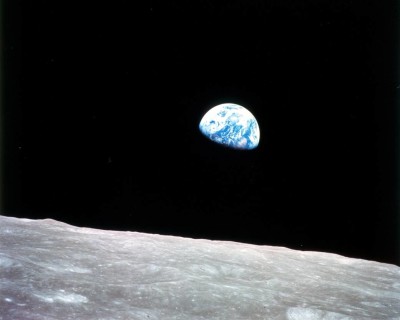by Jack Le Moine

Public Domain Image from NASA.
Both the name and the time period really fits. There is a coherence to this previous period of history. Starting with the decades just before 1500, the Europeans were embarking on voyages of discovery that eventually covered the whole world. No other civilization had ever conducted an effort that was as sustained and as far reaching as the Europeans did over the past 5 centuries.
This effort morphed into an imperialism that dominated the world. Entire continents (the Americas, Australia) became extensions of European civilization. The United States of America became dominant in the 20th. Century but its cultural roots were from Europe and its language came from England. European culture dominated world civilization long after defacto European power receded. The history of the third world in the last half of the 20th. century was largely reactions to the aftermath of European colonization.
Even figures from civilizations that sought to counter the European/American culture adopted philosophies that originated in Europe. For example, Mao Tse Tung of China, Ho Chi Minh of Vietnam, Fidel Castro of Cuba all adopted Marxism, a philosophy that originated in Europe. While other cultures (The Middle East) clung to their roots, they featured reactions to the dominant European culture.
The last decades of the 20th. Century saw European power and influence wane. Demographic contraction opens questions as to whether the European culture will still be around, at least in Europe, by the end of the 21st. Century. The Europeans unified and dominated the history of the last 500 years.
| <—Previous Age | Master List | Next Age—> |
Leave a Reply
You must be logged in to post a comment.